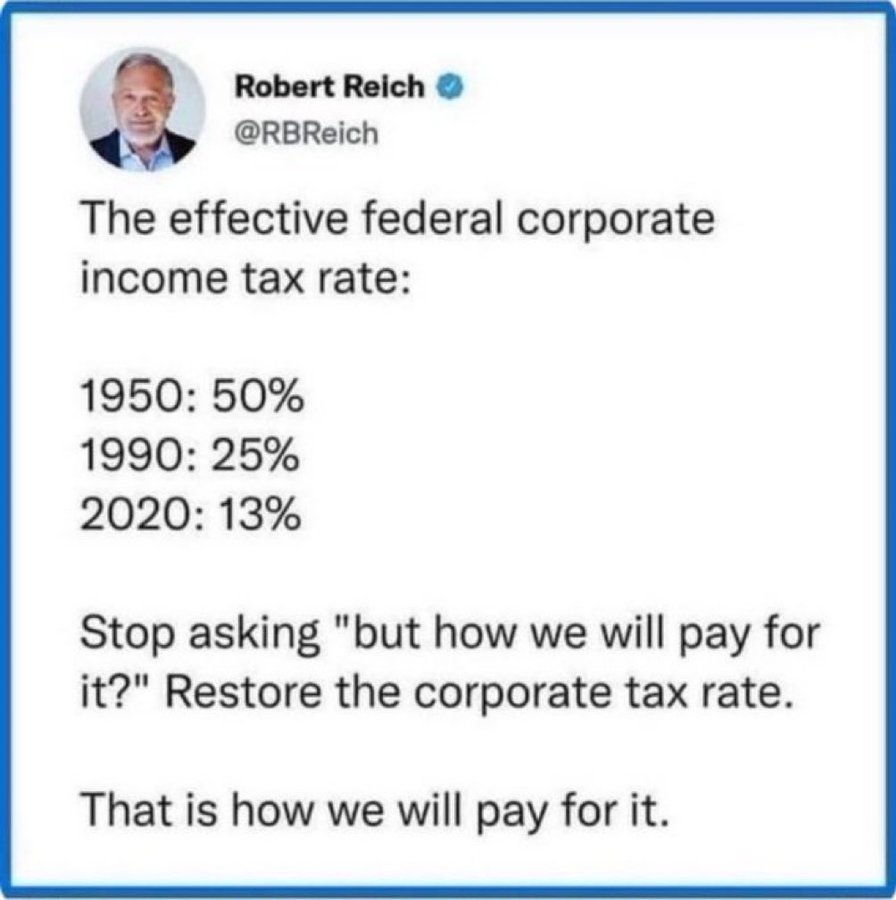I know your tweeter guy is probably a rock solid source, but on the street this simply isn't true. I deal with business owners on a daily basis, and every single one of their costs is up exponentially.
"we have the money" still seems like a farce to anyone in the real world.
They way they chart inflation is a joke. Basket of essential goods is the best way and inflation has skyrocketed.


